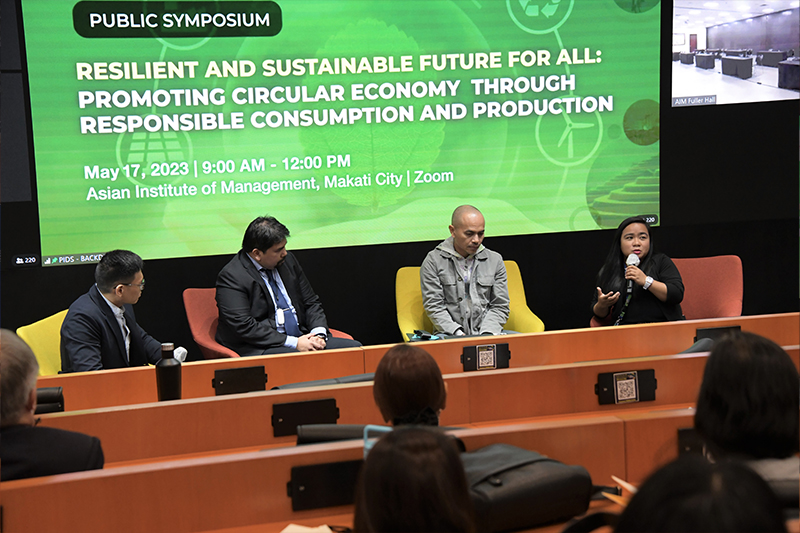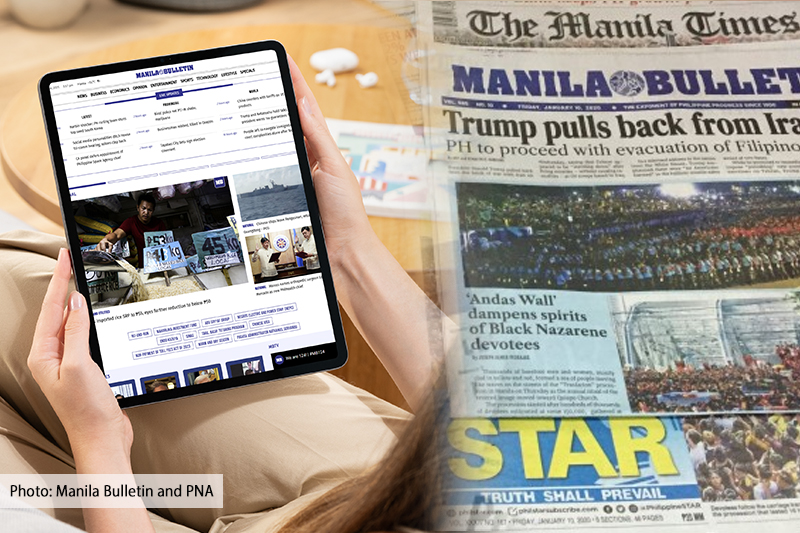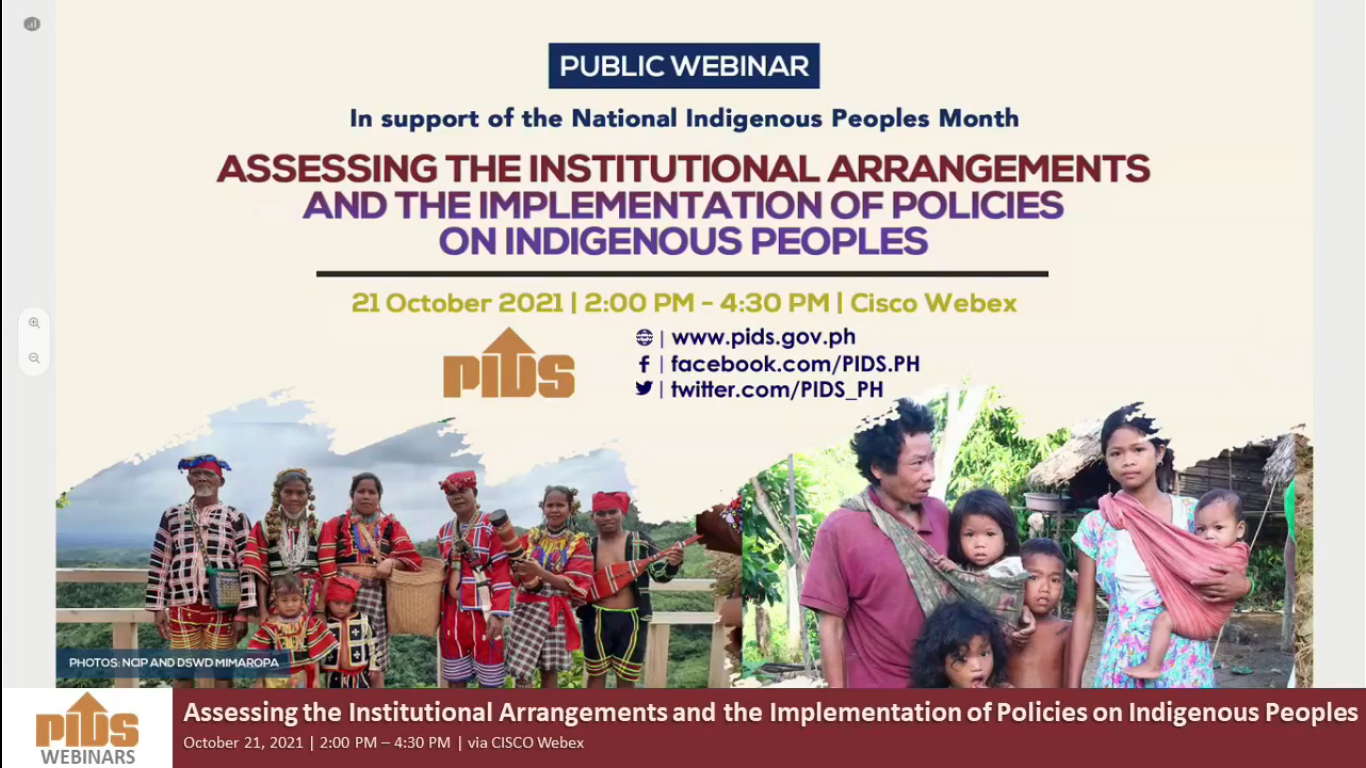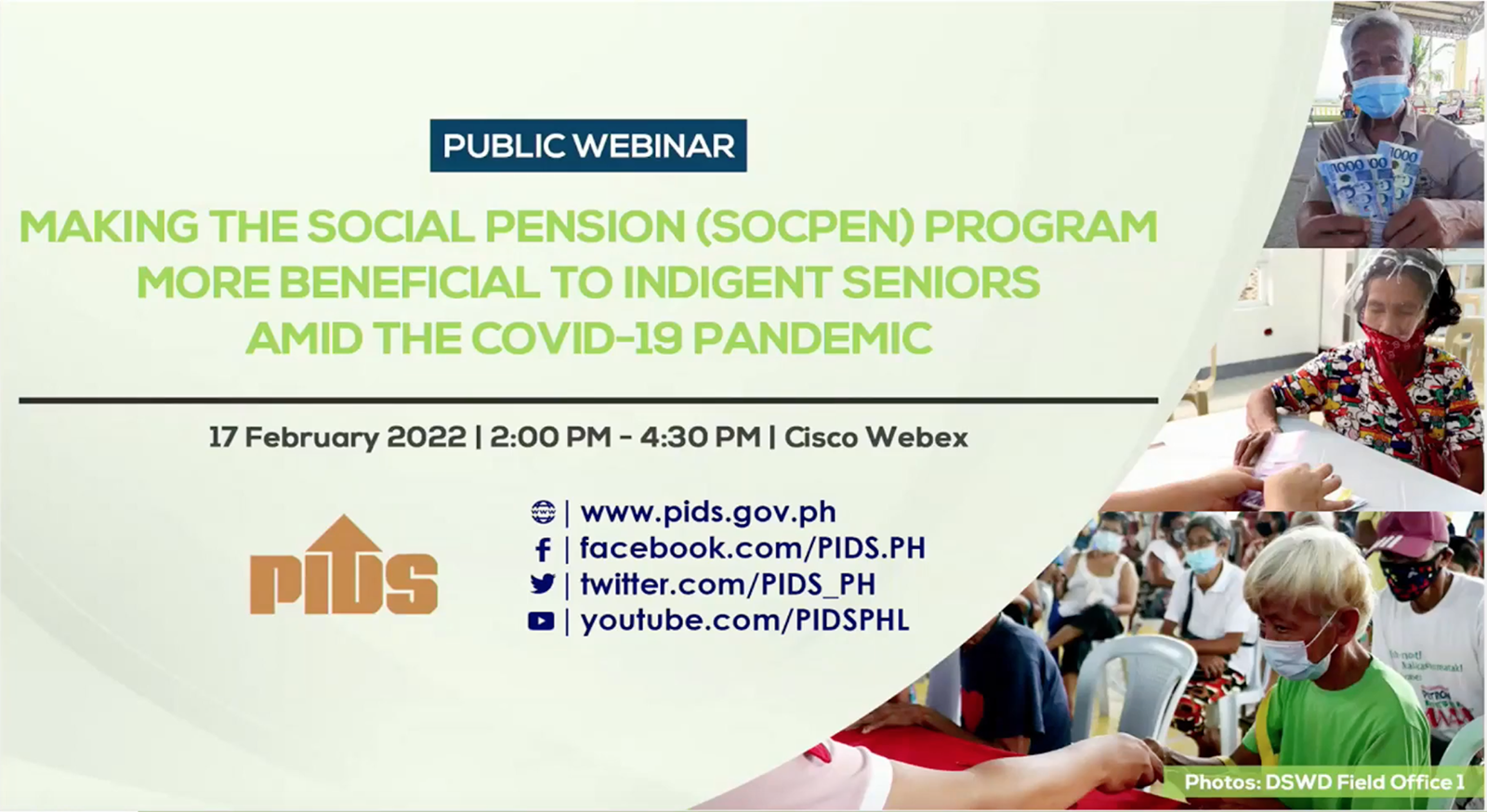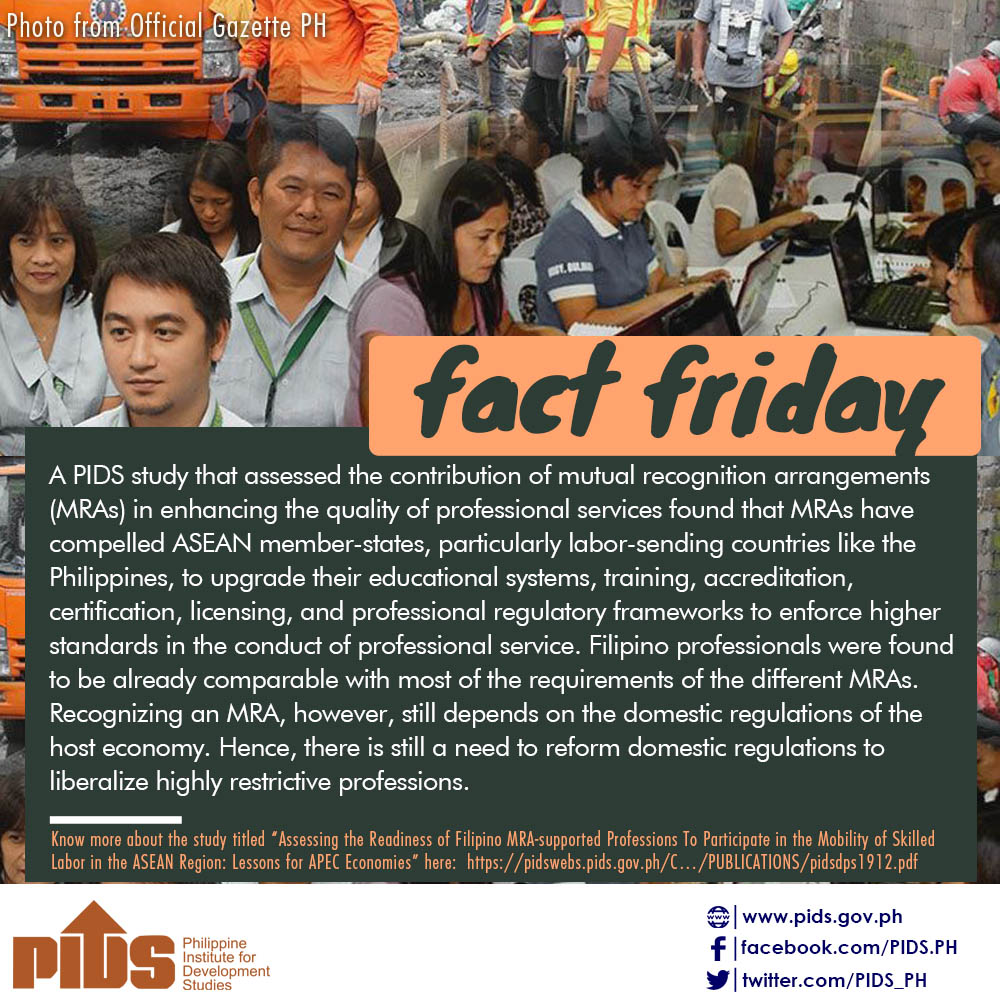MANILA – Special Assistant to the President for Investment and Economic Affairs (SAPIEA) Secretary Frederick Go is optimistic that Manila and Washington D.C. would arrive at a mutually beneficial trade arrangements amid the new tariff policy of the US government.
This, as Go earlier announced that he is heading to the US for a tariff dialogue. However, the date of the official's US trip has yet to be announced.
“We are confident that, through our strong economic and diplomatic ties, we can find arrangements that are mutually advantageous,” Go said during a stakeholders’ consultation Tuesday, as cited in a statement issued Wednesday.
The Department of Trade and Industry (DTI) shared Wednesday that Go and Trade Secretary Ma. Cristina Roque met with exporters, producers, manufacturers, consolidators, industry associations, and government officials to assess the possible impacts of the 17-percent levy for the Philippines under the US reciprocal tariffs and address the concerns of the stakeholders.
Currently, the policy on reciprocal tariffs was postponed for 90 days, with US President Donald Trump announcing a universal rate of 10 percent on April 9.
“The consultative process has enhanced mutual understanding and alignment on shared goals,” Roque said.
She also reaffirmed DTI’s commitment to continue its dialogue with stakeholders and consider their interests in securing the best possible outcomes for the Philippines in its trade relations with the US.
Meanwhile, the Philippine Institute of Development Studies (PIDS) has released a discussion paper about the US tariffs, written by former DTI Undersecretary Rafaelita Aldaba, which recommended the need to align the country's trade and industrial strategy to secure its position in the shifting global supply chains amid the US tariff policy.
Aldaba said while the Philippines currently benefits from relatively low reciprocal tariffs compare to regional competitors, its narrow export base and limited industrial capacity are holding back the country from taking advantage of the trade diversion opportunities created by the shifting US trade policies.
“Without swift and proactive policy implementation, the Philippines risks being merely a passive beneficiary rather than a strategic player in ongoing global trade realignments,” the former trade official said.
Among the recommendations of the PIDS paper are shifting from low-value assembly to high-tech sectors like artificial intelligence hardware, medical devices, and semiconductors; offering targeted subsidies, performance-based incentives, and streamlined approval processes for firms relocating from high-tariff jurisdictions; digitizing customs and logistics systems to boost manufacturing efficiency; and modernizing economic zones with green energy, 5G connectivity, and smart logistics. (PNA)




